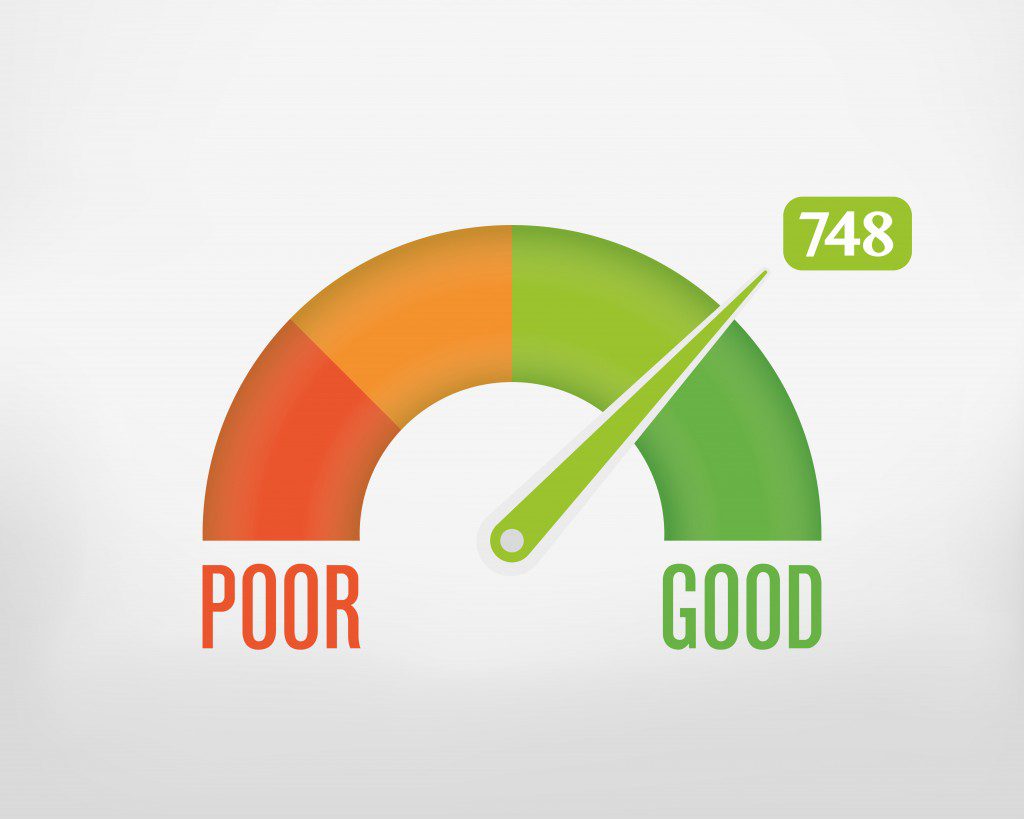We tend to do everything we can to maintain good credit. We pay our bills on time, limit the number of credit cards we take out, and even pay for credit-monitoring services just to make sure we’re protected. A credit score above 750 is often seen as the gold standard and an ideal to strive for. The problem is that no one really thinks about what a great credit score will actually get you. The answer unfortunately is that your credit score only gets you so far with traditional banks.
Explore why Banks Care About Much More than You and Your Credit Score:
- Traditional banks are beholden to financial markets: You could have a perfect credit score and still not end up with favorable terms on your mortgage, a small business loan, etc. This is because banks’ interest rates – and even banks’ willingness to make loans – are driven first and foremost by the state of the financial markets.
- Traditional banks are looking out for their own financial interests: In economic downturns, banks tend to be tight with lending, no matter what your credit score. They simply don’t care that you may be especially qualified and/or desperately in need of credit.
- Traditional banks want to make as much money off you as possible: No matter what your credit score, a bank is a business, and your excellent credit does not automatically give you any special privileges. Banks will still hit you with the highest interest rate that the market will bear, and they will unilaterally decide how much credit you are worthy of receiving.
- Traditional banks won’t offer you any leniency with repayment terms: Even if you have perfect credit, you will never receive any breaks from your bank if you should fall on hard times. In fact, every missed or late payment will equal a hit to your credit score.
Your good credit does not guarantee you the credit you need from traditional banks. Banks are, first and foremost, beholden to financial markets and looking out for their own financial interests. They also are out to make as much money off you as possible, with no chance of leniency on repayment terms. The only way to avoid becoming entangled with traditional banks is to avoid them altogether, and the best way to do this is through a concept known as the Perpetual Wealth Strategy.
To learn more about how the Perpetual Wealth Strategy can turn you into your own bank and eliminate your reliance on traditional banks, start our free eCourse today!
FAQ
Q: Why doesn’t a high credit score always influence bank decisions on lending?
A: Banks are primarily influenced by the state of financial markets and their own financial interests, rather than individual credit scores. Even with a perfect credit score, loan terms or approval are not guaranteed, as banks focus on broader economic conditions.
Q: How do banks’ interests affect their lending practices?
A: During economic downturns, banks tend to tighten lending regardless of individual credit scores. Their primary goal is to protect their financial interests, which can lead to stricter lending practices.
Q: What is the Perpetual Wealth Strategy and how does it relate to traditional banking?
A: The Perpetual Wealth Strategy is a concept that encourages individuals to become their own bankers, reducing dependence on traditional banks. This strategy involves creating personal financial systems that are less affected by banks’ policies and market conditions.








